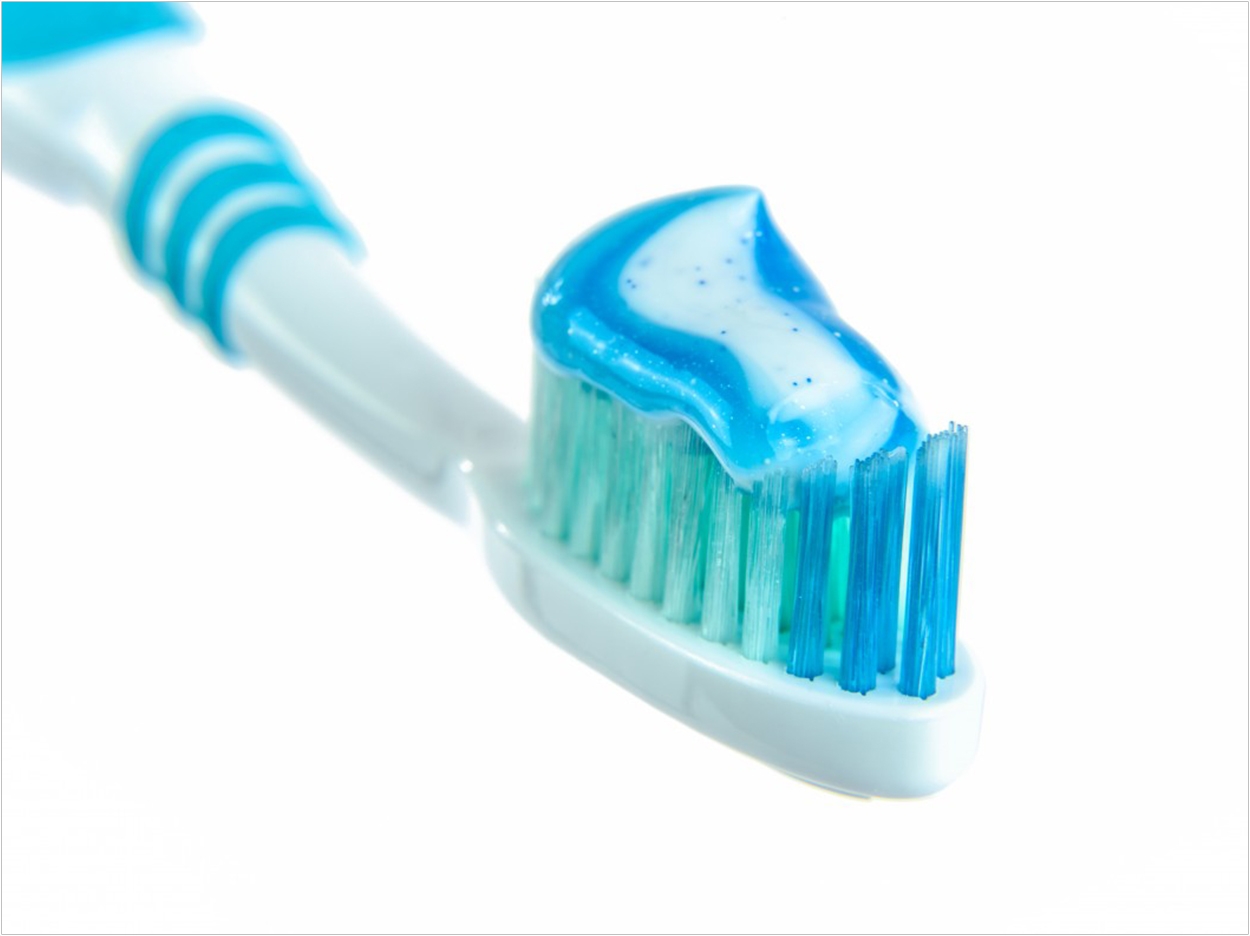
Triclosan, an antimicrobial ingredient found in toothpaste, could have adverse effects on colonic inflammation and colon cancer by altering gut microbiota, according to a team of American and Chinese researchers. Short-time treatment with low-dose triclosan caused low-grade colonic inflammation and exaggerated disease development of colitis and colitis-associated colon cancer in mice in the study.
“These results, for the first time, suggest that triclosan could have adverse effects on our gut health,” said senior author Guodong Zhang, PhD, assistant professor of food science at the University of Massachusetts Amherst.
Triclosan is among the most widely used antimicrobial ingredients and is found in more than 2,000 consumer products. According to the researchers, a National Health and Nutrition Examination Survey showed that triclosan was detected in about 75% of the urine samples of individuals tested in the United States and that it is among the top 10 pollutants found in rivers in the United States.
“Because this compound is so widely used, our study suggests that there is an urgent need to further evaluate the impact of triclosan exposure on gut health in preparation for the potential establishment of further regulatory policies,” said Haixia Yang, PhD, a postdoctoral fellow in Zhang’s laboratory at in the UMass Amherst Food Science Department.
The researchers investigated the effects of triclosan on colonic inflammation and colon cancer using several mouse models. In all mouse models tested, triclosan promoted colonic inflammation and colon tumorigenesis.
“In particular, we used a genetically engineered mouse model which develops spontaneous inflammatory bowel disease, or IBD. Also, treatment with triclosan significantly increased disease development of IBD in the mice, suggesting that IBD patients may need to reduce exposure to this compound,” said coauthor Hang Xiao, PhD, also of the UMass Department of Food Science.
In a series of experiments designed to explore mechanisms, the researchers found that gut microbiota is critical for the observed adverse effects of triclosan. Feeding triclosan to mice reduced the diversity and changed the composition of the gut microbiome, a result similar to what was observed in a human study conducted by others.
Also, triclosan had no effect in a germ-free mouse model where there is no gut microbiome present nor in a genetically engineered mouse model where there is no Toll-like receptor 4, an important mediator for host-microbiota communications.
“This is strong evidence that gut microbiota is required for the biological effects of triclosan,” said Zhang.
The researchers further note that triclosan exposure is practically unavoidable in the United States, yet little is known about how ingestion may affect human health. The study observed how triclosan altered mouse gut microbiota, increased inflammation, increased the severity of colitis symptoms, and spurred colitis-associated colon cancer cell growth. The researchers, then, believe triclosan’s effects on human health should be examined more closely.
The study, “A Common Antimicrobial Additive Increases Colonic Inflammation and Colitis-Associated Colon Tumorigenesis in Mice,” was published by Science Translational Medicine.
Related Articles
Triclosan Accumulates in Toothbrush Bristles
Toothpaste Ingredient May Also Fight Malaria
Baby Teethers Still Contain Toxic Materials












